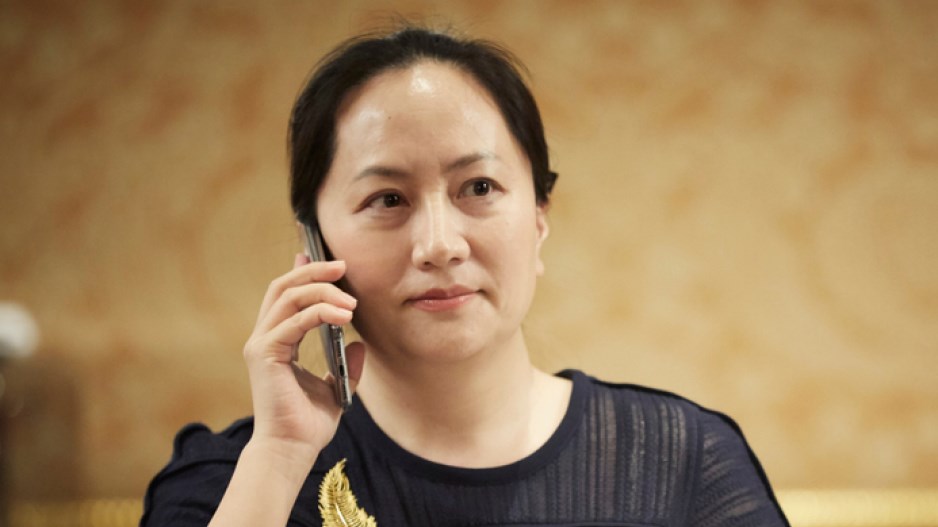Lawyers for Huawei Technologies Co. Ltd. CFO Meng Wanzhou have officially begun their challenge of efforts to extradite the tech executive to the United States to face charges of fraud.
Meng’s team submitted this week documents that said lawyers will - at the next court appearance on Sept. 23 - officially apply for disclosure from Canadian and American authorities documents “relevant to [Meng’s] pending application for a stay in her extradition proceedings based on an abuse of process.” The “abuse of process” defence was one anticipated by many legal observers soon upon Meng’s arrest in Vancouver last December.
In the document, Meng’s defence said the “abuse of process” was used in two instances: Firstly, the defence said the United States “is attempting to use these extradition proceedings for economic and political gains,” and pointed directly to comments by U.S. President Donald Trump after the arrest alluding to the fact he would “intervene” in Meng’s case if it aided American economic interests.
“The applicant [Meng] submits that the conduct of the Requesting State [the U.S.] leading up to the arrest of the Applicant, and the comments of the President, are threatening in nature, corrosive of the rule of law, and abusive of the processes of the Extradition Act… and the Canadian Charter of Rights of Freedoms,” Meng’s defence team said in the document filed this week.
Secondly, Meng’s lawyer accused the Canada Border Services Agency (CBSA) and the RCMP of carrying out an unlawful plan to detain, search and interrogate Meng at Vancouver International Airport. The defence said the list of related misconducts include “deceiving [Meng] as to the true nature of her detention to avoid the strictures” of the Canadian Charter of Rights and Freedoms.
Lawyers also accused authorities of abusing compulsion/search powers to collect evidence of U.S. law enforcement, as well as making “material omissions in sworn and unsworn documents.”
In the document, Meng’s lawyers said they are only seeking disclosure - the release of related documents, communiques and the like - associated with the second instance of alleged “abuse of process.” However, lawyers added that it is including the first “abuse” accusations - that of Trump’s comments indicating U.S. political considerations for the arrest - because it “provides important context to what occurred.”
“… The U.S. has been engaged in a long-standing effort to target the Applicant and others affiliated with her employer, Huawei Technologies Co. Ltd.,” the document said. “This targeting has included the apparent abuse of customs and immigration powers to search and question Huawei executives at various U.S. ports of entry.”
Meng’s defence is seeking the inclusion of documentation of Canadian-U.S. correspondence on the case for court disclosure, including communication not only from the CBSA and the RCMP, but also from the U.S. Federal Bureau of Investigation, the U.S. Attorney’s Office in the Eastern District of New York, and the U.S. Office of International Affairs.
The arrest of Meng has been the catalyst of a major deterioration in Canada-China relations, with both countries issuing travel advisories against one another and Beijing arresting two Canadian citizens while banning canola, pork and beef imports in apparent retaliation. The delicate relationship is now stretched further as democracy-related protests brought Hong Kong to a standstill, with 300,000 Canadian citizens living in the city now facing the spectre of potential Chinese military intervention.
Still, China remains Canada’s second-largest trade partner, and B.C. industries such as wood products, seafood, agrifoods and wine continue to rely heavily on the Chinese market as a major trade diversification destination against the protectionist policies of the United States under the Trump administration.




